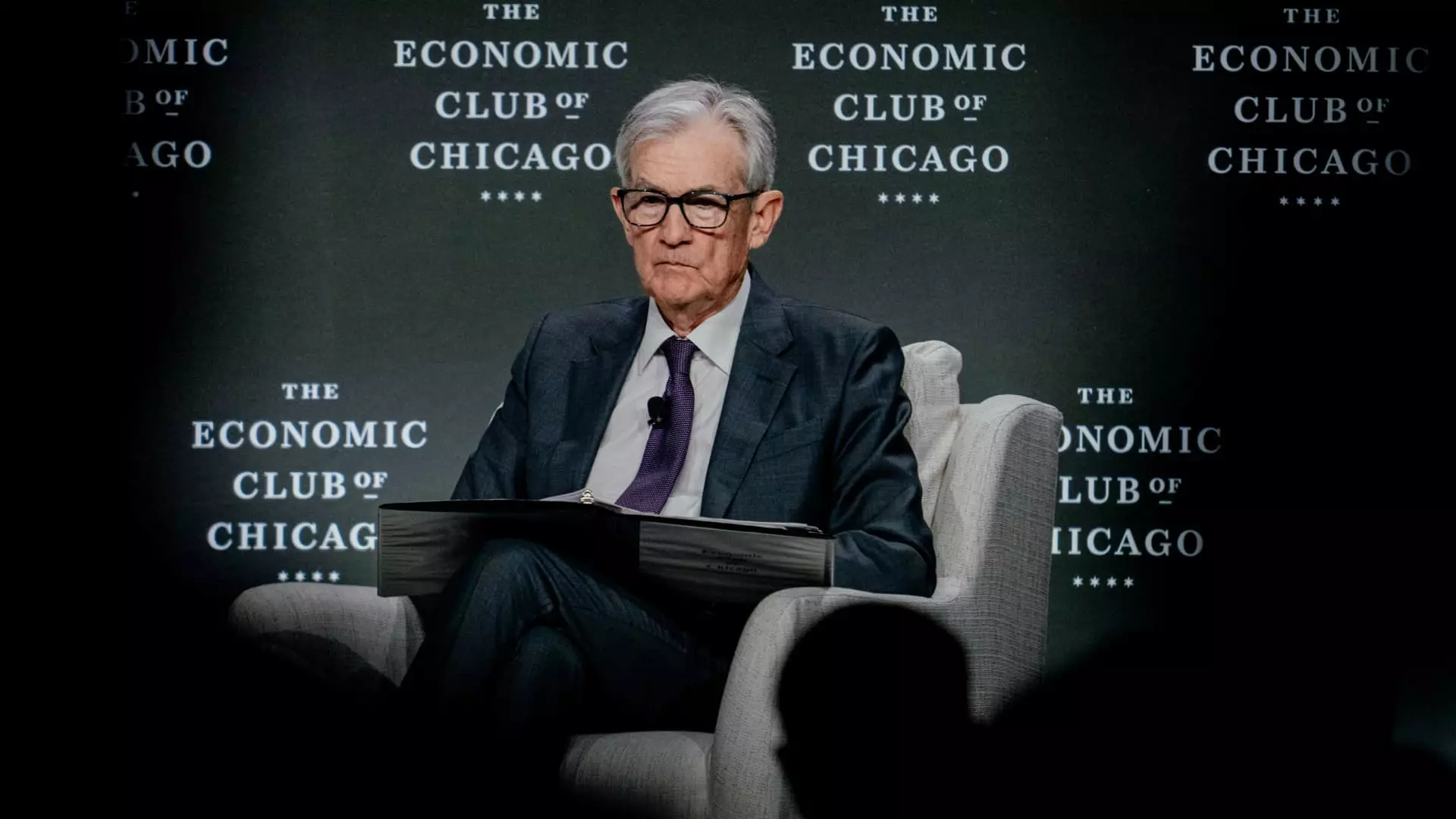In a concerning twist, President Donald Trump is choosing to escalate tensions with the Federal Reserve, openly criticizing Chairman Jerome Powell as a “major loser.” This framing is not merely a personal attack; it represents a fundamental misunderstanding of economic governance and the independence of monetary policy. Trump’s insistence on immediate interest rate cuts, despite a complex economic landscape, is alarming and could have profound consequences for the U.S. economy. What we’re witnessing isn’t just political posturing; it’s a direct affront to the principles that govern economic stability.
Trump’s assertion that there is “virtually no inflation” conveniently ignores the burgeoning uncertainties created by his own trade policies. Economic indicators show a slowed growth trajectory, primarily due to uncertainties stemming from the president’s tariffs and the ongoing trade conflicts. When he claims that energy prices and various other costs are trending downward, it seems to echo the willful disregard of realities that dictate economic conditions. Instead of adopting a comprehensive view, Trump resorts to the oversimplification of complex metrics, ignoring the nuanced interdependencies that characterize modern economies.
Weaponization of Economic Policy
The alarming possibility that Trump may seek to remove Powell—whom he appointed—is a chilling forecast for the markets. This isn’t merely a transient conflict; it reflects a deeper willingness to weaponize economic policy for personal gain. Powell’s clarification that he cannot be summarily dismissed by the president should draw attention to the importance of an independent Federal Reserve. The Fed’s mandate is not just to emulate the whims of political leaders; it must prioritize long-term economic health over short-term popularity.
The potential fallout from an attempt to fire Powell goes beyond mere optics. Experts warn of a violent market reaction that could see equity prices plunge dramatically and the dollar take a nosedive. The chaos in the financial markets serves as a necessary cautionary tale: undermining trust in the Federal Reserve could catalyze widespread sell-offs, affecting not only wealthy investors but also ordinary citizens who rely on stable economic conditions for their livelihoods. This is a moment where we don’t just question the tactics of an administration; we face a fundamental threat to the stewardship of our economy.
The Market’s Volatility and its Consequences
The investment sector is increasingly feeling the backlash of Trump’s antics, with the Dow Jones Industrial Average shedding 750 points—a near 2% drop—within the first hour of trading following his statements. As stocks plummeted, the response from investors was to flee toward safer assets, notably gold, which hit record prices. This behavior is telling; when confidence in political leadership falters, the economy bears the brunt of that instability. The ripple effects are felt in the daily lives of Americans, as job security and retirement portfolios become collateral damage in political gamesmanship.
Additionally, Powell’s caution regarding the economic impact of Trump’s tariff policies echoes a sentiment increasingly felt across the business community. His acknowledgment of the potential for trade wars to constrain growth underscores a critical viewpoint that contrasts directly with the president’s aggressive tax and tariff strategies. The suggestion that we maintain a measured and cautious approach seems utterly necessary, yet it’s met with ridicule from the very leader who should be advocating for economic prudence.
Fostering a Culture of Accountability
What’s truly disconcerting is the normalization of such rhetoric. Trump’s attack on Powell is symptomatic of a broader trend in which accountability is sacrificed at the altar of expediency. Economic debates should be grounded in thorough analysis and led by competent professionals—like the economists within the Federal Reserve—rather than being driven by erratic personal opinions. Trump’s treatment of Powell, and by extension the Federal Reserve, invites a dangerous precedent of politicizing economic dialogue, heightening the stakes for future administrations.
In an era of increasing economic complexity, the need for rule-based governance couldn’t be clearer. The escalation of conflict between the White House and the Fed undermines not only domestic economic health but also projects instability to international markets. Navigating the economic terrain requires a commitment to rational discourse, not politically motivated tirades. Without an unwavering adherence to principles that prioritize informed decision-making and institutional independence, we risk plunging deeper into uncertainty and unrest.

Leave a Reply